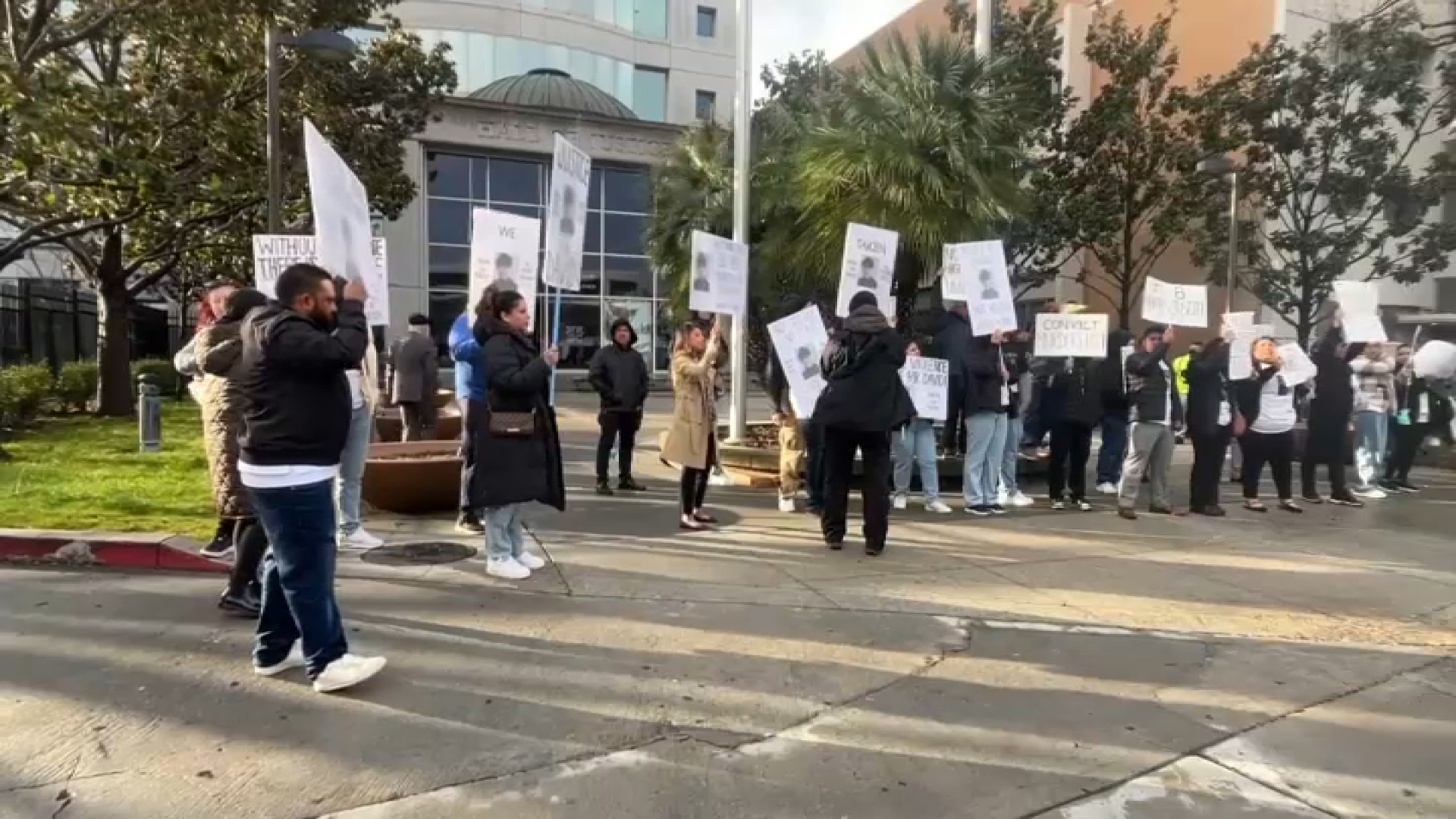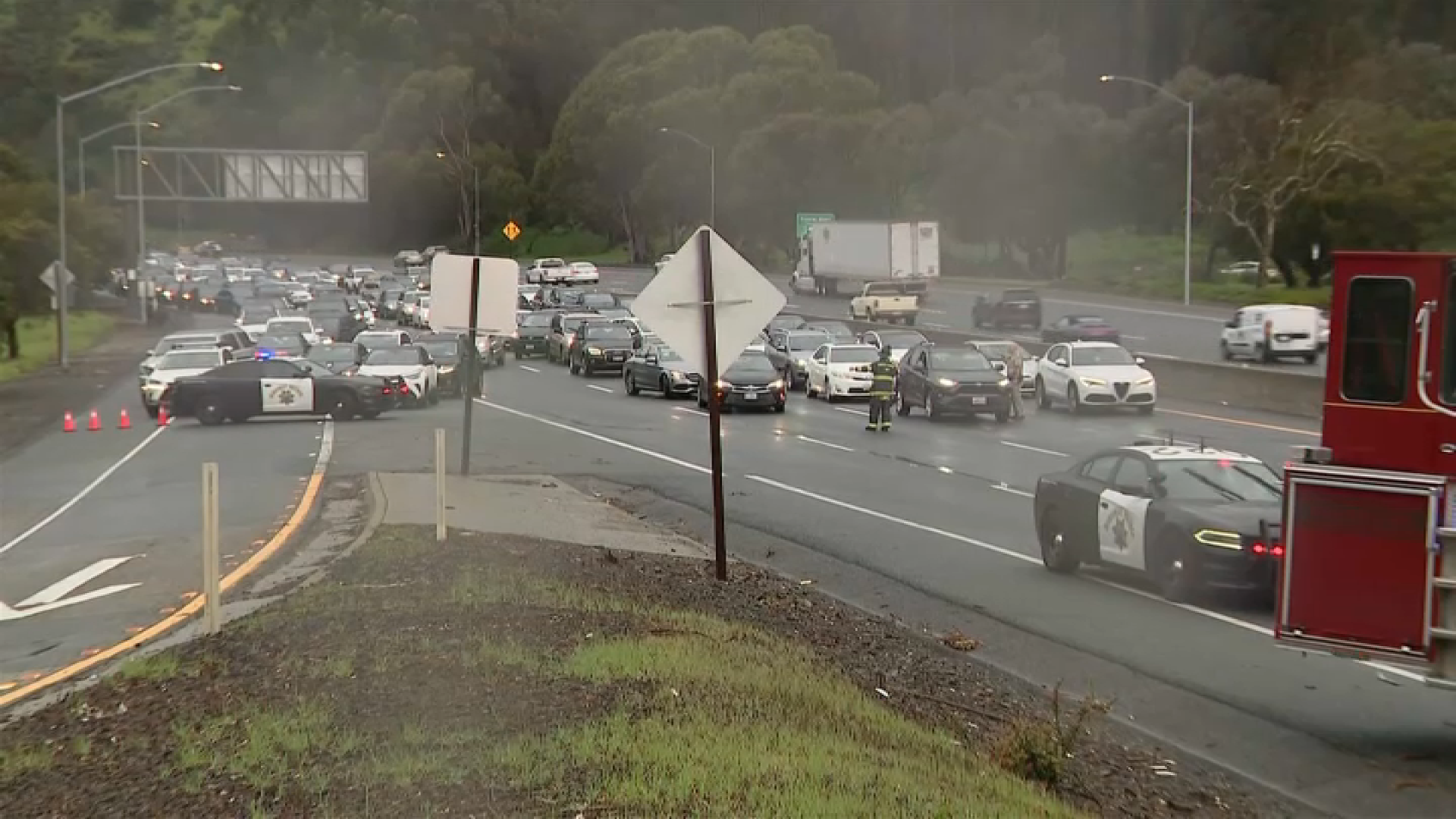The Oakland City Council voted 5-2 on Tuesday night not to collect taxes for an early childhood education measure backed by Mayor Libby Schaaf that was approved by 62 percent of the voters last November but fell short of the two-thirds majority needed for approval.
Although Oakland City Attorney Barbara Parker wrote in the voter pamphlet that Measure AA, known as the Oakland Children's Initiative, needed two-thirds approval to win, the City Council voted 6-1 on Dec. 14 to declare that the measure had won and to have the city begin collecting the tax.
The Council majority based its vote on a 2017 California Supreme Court ruling that suggests that local initiatives such as Measure AA that are put on the ballot through a signature-gathering process only require approval by a majority of voters, not two-thirds.
But a group of homeowners and landlords as well as the Jobs and Housing Coalition, which lobbies on behalf of businesses and developers, later filed suit seeking the overturn the Council's action. The litigation process is expected to last several years.
The City Council then reconsidered its position and voted 7-0 in closed session on April 2 not to collect the tax at this time and made its second and final decision not to collect the tax Tuesday night.
The only councilmembers who voted to collect the tax were Dan Kalb and Larry Reid.
Councilwoman Lynette Gibson McElhaney, who cast the lone vote against collecting the tax in December, didn't vote on Tuesday night because she's still on bereavement leave following the fatal shooting of her 21-year-old son Victor McElhaney in Los Angeles last March.
Local
But Gibson McElhaney released a statement before the vote saying, "I was the sole dissenting vote at the time (in December) and I stand by that decision today."
She said, "The City Council's action to validate the measure has resulted in a deeply divided electorate and has undermined public trust. While passions are high on both sides, I have been particularly moved by the arguments made by supporters of the measure who decry the subsequent decisions to change the rules after the fact."
Gibson McElhaney said, "Already the costs to litigate this contentious effort has increased risk to the public purse."
She said, "I support Council President (Rebecca) Kaplan's motion to not collect the tax and to return to the voters in 2020. This proposal has the best chance of avoiding costly litigation and affirming our commitment to minimize risks to the public treasury and trust."
Councilwoman Sheng Thao said in a statement, "I'm a strong supporter of early childhood education and openly supported and voted for Measure AA when it was on the ballot this past November."
She said, "My vote to not collect Measure AA tax is about maintaining the voters' trust, integrity and ensuring transparency with Oakland voters. This is about the process, and as we await to receive more clarity from the courts, it's important for me to protect my constituents and Oakland voters' financial resources."
Measure AA called for an annual parcel tax of $198 annually on single-family homes and $135 a year per unit for each multi-unit residence for 30 years.
Measure supporters hoped to generate about $30 million annually to fund early child care, preschool and college readiness programs.



